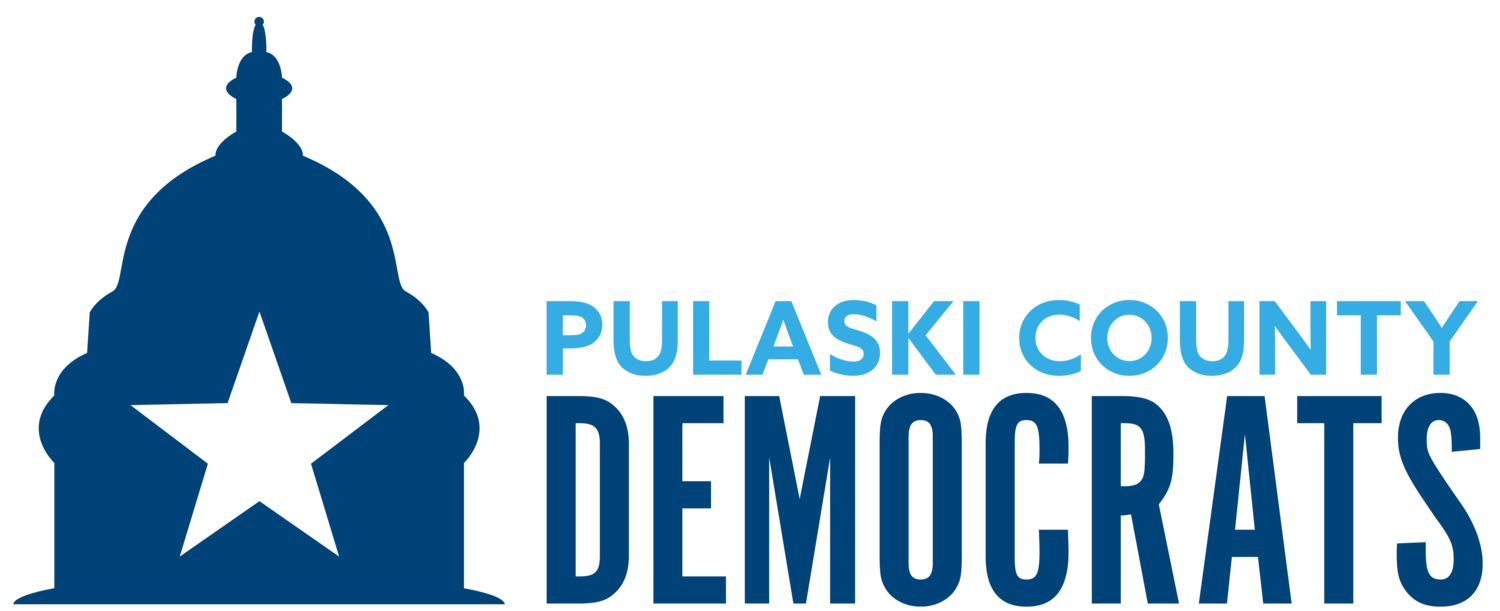
UPCOMING dates
James Henry Bartolomei Campaign Kickoff
Join House District 78 candidate James Henry Bartolomei as he launches his campaign!
May Monthly Meeting
Join us at the DPA on May 20th (a week earlier than usual in observance of Memorial Day!) to hear from Rep. Andrew Collins on the recently-concluded Fiscal Session as well as from Andrew Cade Eberly, our candidate for HD 67.
Fundraiser for Ashley Hudson
Fundraiser for Rep. Ashley Hudson, hosted by City Director Capi Peck, Vice Mayor Kathy Webb, Rep. Tippi McCullough, and others.
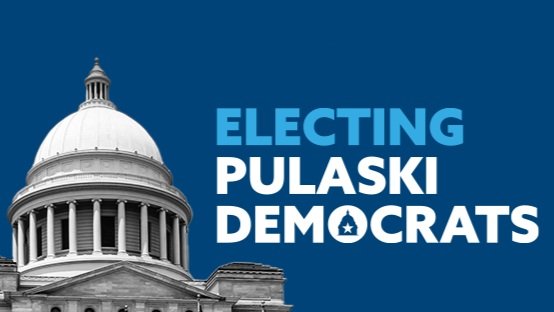
March Meeting
Join us on March 25th for the monthly meeting of the Pulaski County Democratic Party!

Preferential Primary/Non-Partisan general election
Arkansas has an Open Primary, so when you vote in the Preferential Primary, you can choose a Democrat ballot, a Republican ballot, or a Non-Partisan ballot.
All ballots will include the Non-Partisan races.

February Meeting
Join us on February 26th for the monthly meeting of the Pulaski County Democratic Party!

January Meeting
Join us on January 29th for the monthly meeting of the Pulaski County Democratic Party!
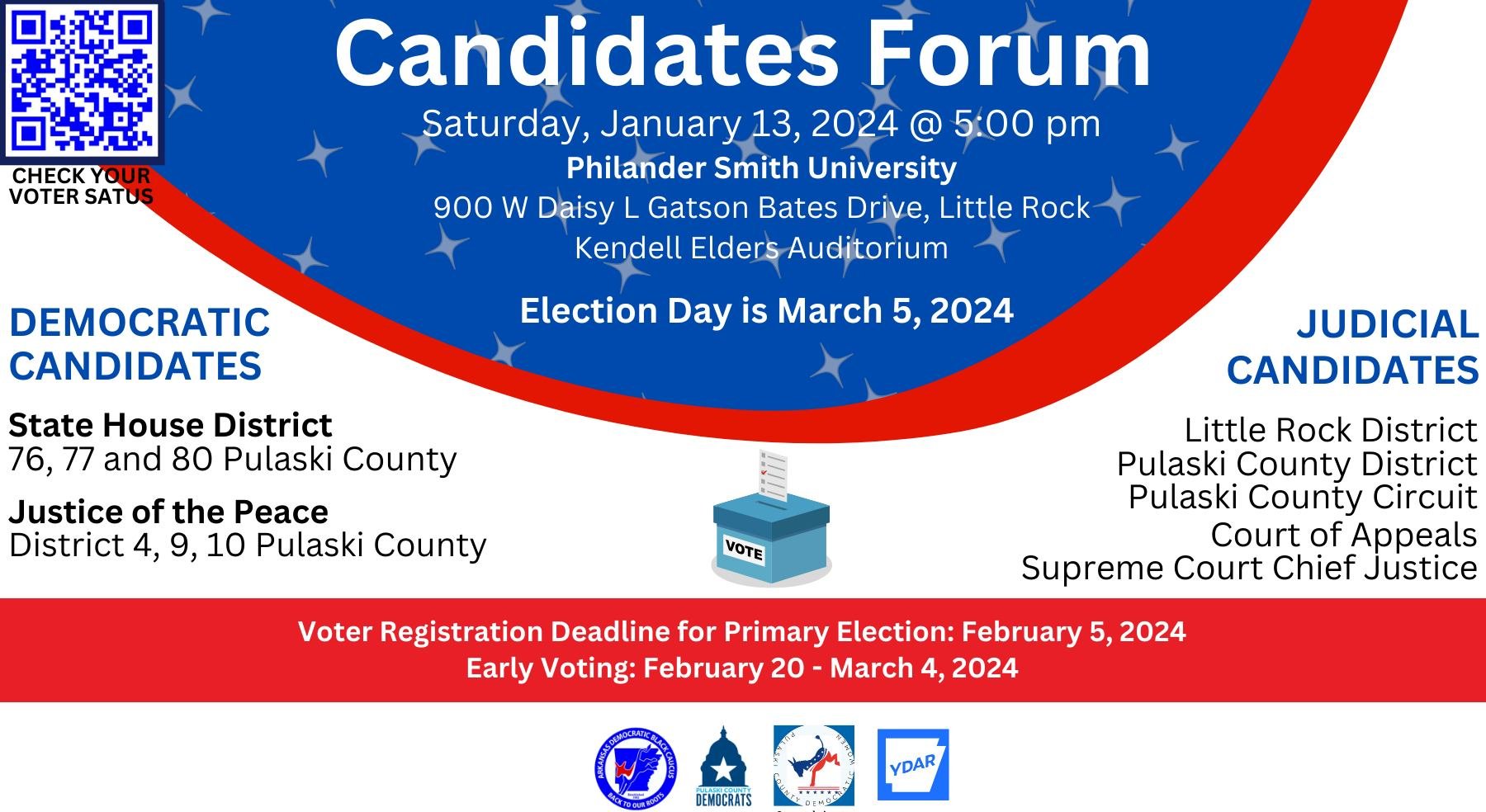
Candidates Forum
Kick start the new year by being more politically educated and engaged! Join us for a candidate forum and hear from Pulaski County candidates running on the Democratic ballot for Arkansas State Representative, Justice of the Peace, and for Judge (nonpartisan).

Christmas
Christmas is celebrated on December 25 and is both a sacred religious holiday and a worldwide cultural and commercial phenomenon. For two millennia, people around the world have been observing it with traditions and practices that are both religious and secular in nature. Christians celebrate Christmas Day as the anniversary of the birth of Jesus of Nazareth, a spiritual leader whose teachings form the basis of their religion. Popular customs include exchanging gifts, decorating Christmas trees, attending church, sharing meals with family and friends and, of course, waiting for Santa Claus to arrive. December 25—Christmas Day—has been a federal holiday in the United States since 1870.

Chanukah
Hanukkah, (Hebrew: “Dedication”) also spelled Ḥanukka, Chanukah, or Chanukkah, also called Feast of Dedication, Festival of Lights, or Feast of the Maccabees, Jewish festival that begins on Kislev 25 (usually in December, according to the Gregorian calendar) and is celebrated for eight days. Hanukkah reaffirms the ideals of Judaism and commemorates in particular the rededication of the Second Temple of Jerusalem by the lighting of candles on each day of the festival.

November Meeting
Join us on November 27th for the monthly meeting of the Pulaski County Democratic Party!

Thanksgiving
Thanksgiving Day, annual national holiday in the United States and Canada celebrating the harvest and other blessings of the past year. Americans generally believe that their Thanksgiving is modeled on a 1621 harvest feast shared by the English colonists (Pilgrims) of Plymouth and the Wampanoag people. The American holiday is particularly rich in legend and symbolism, and the traditional fare of the Thanksgiving meal typically includes turkey, bread stuffing, potatoes, cranberries, and pumpkin pie. With respect to vehicular travel, the holiday is often the busiest of the year, as family members gather with one another.

Veterans Day
In November 1919, President Wilson proclaimed November 11 as the first commemoration of Armistice Day with the following words: “To us in America, the reflections of Armistice Day will be filled with solemn pride in the heroism of those who died in the country’s service and with gratitude for the victory, both because of the thing from which it has freed us and because of the opportunity it has given America to show her sympathy with peace and justice in the councils of the nations…”

October Meeting
Join us on October 30th for the monthly meeting of the Pulaski County Democratic Party!
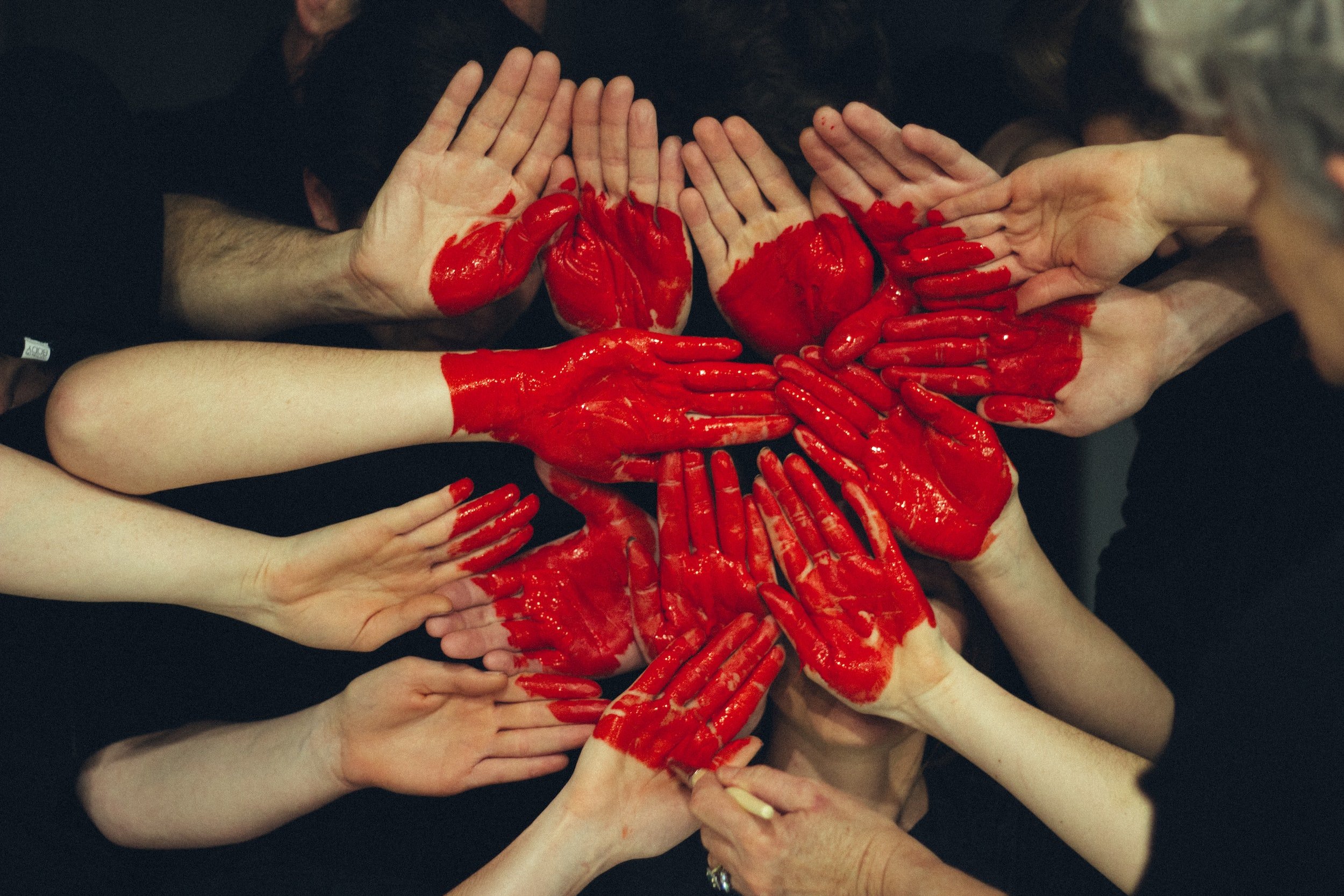
Indigenous Peoples Day
There are no set rules on how one should appreciate the day, said Van Heuvelen, a member of the Cheyenne River Sioux Tribe from South Dakota. It's all about reflection, recognition, celebration and an education.
"It can be a day of reflection of our history in the United States, the role Native people have played in it, the impacts that history has had on native people and communities, and also a day to gain some understanding of the diversity of Indigenous peoples," she said.

Sukkot
Beginning five days after Yom Kippur, Sukkot is named after the booths or huts (sukkot in Hebrew) in which Jews are supposed to dwell during this week-long celebration. According to rabbinic tradition, these flimsy sukkot represent the huts in which the Israelites dwelt during their 40 years of wandering in the desert after escaping from slavery in Egypt. The festival of Sukkot is one of the three great pilgrimage festivals (chaggim or regalim) of the Jewish year.

September Meeting
Join us on September 25th for the monthly meeting of the Pulaski County Democratic Party!

Yom Kippur
Yom Kippur, Hebrew Yom Ha-Kippurim, English Day of Atonement, most solemn of Jewish religious holidays, observed on the 10th day of the lunar month of Tishri (in the course of September and October), when Jews seek to expiate their sins and achieve reconciliation with God.
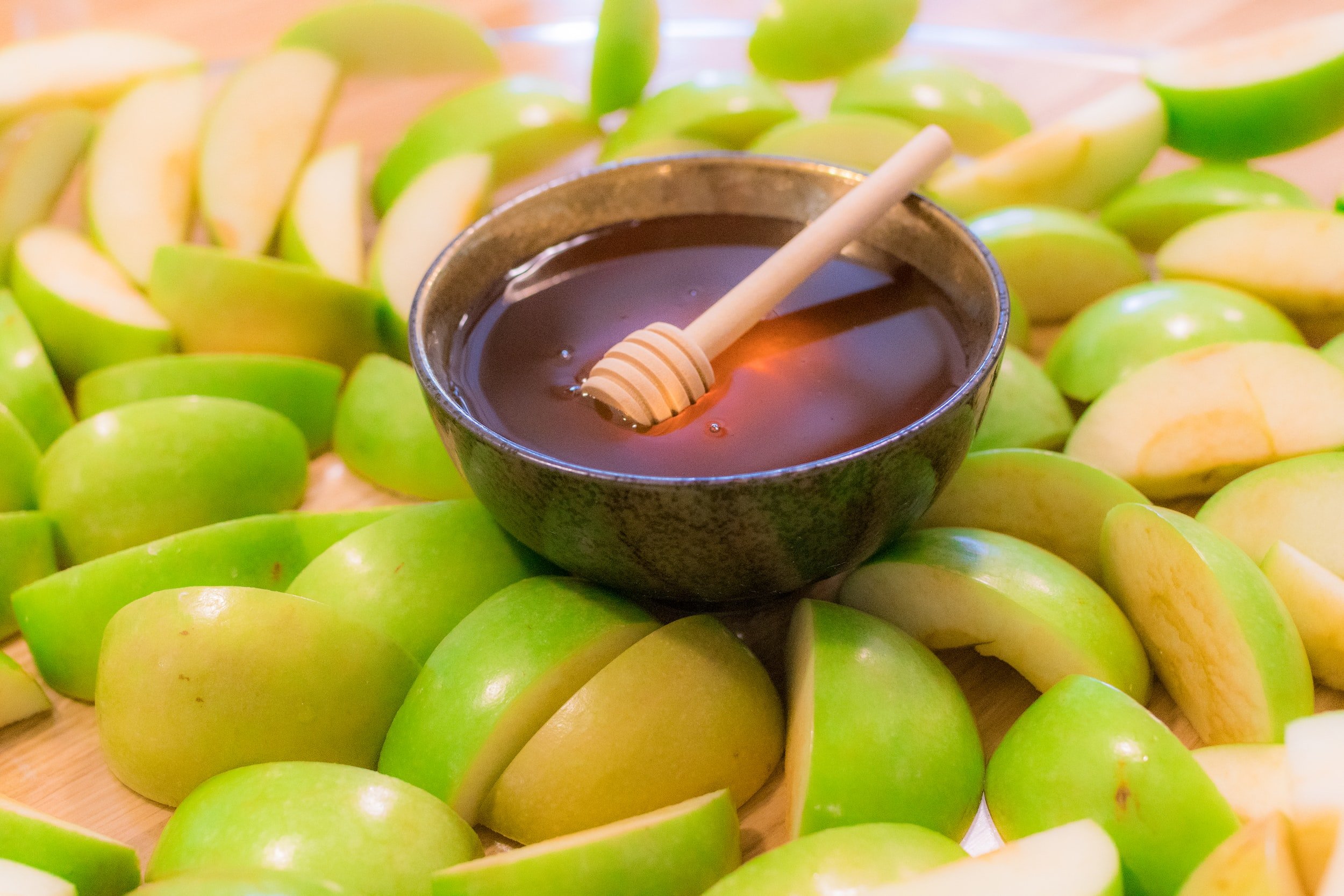
Rosh Hashanah
Rosh Hashana, (Hebrew: “Beginning of the Year”) , Hashana also spelled Hashanah or Ha-shanah, also called Day of Judgment or Day of Remembrance, a major Jewish observance now accepted as inaugurating the religious New Year on Tishri 1 (September or October).

Labor Day
Observed the first Monday in September, Labor Day is an annual celebration of the social and economic achievements of American workers. The holiday is rooted in the late nineteenth century, when labor activists pushed for a federal holiday to recognize the many contributions workers have made to America’s strength, prosperity, and well-being.

August Meeting
Join us on August 28th for the monthly meeting of the Pulaski County Democratic Party!

Dems at the Ballpark
Our 3rd Annual Membership Appreciation Event: Dems at the Ballpark!
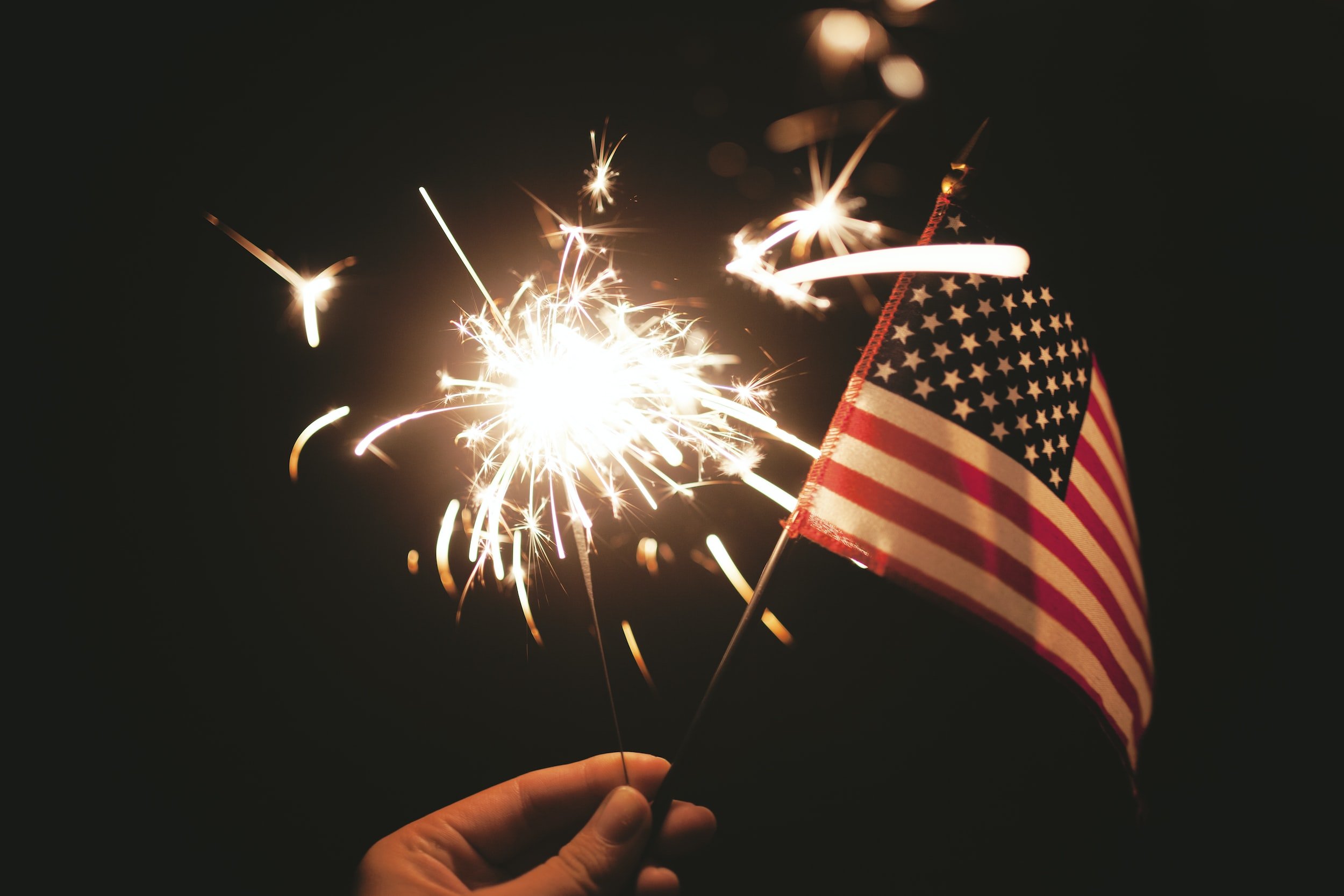
Independence Day
Also called the Fourth of July, Independence Day marks the historic date in 1776 when the Declaration of Independence was approved by the Continental Congress. The written declaration stated that the American colonies were tired of being ruled by Great Britain. They wanted to become their own country.

June Meeting
Join us on June 26th for the monthly meeting of the Pulaski County Democratic Party!
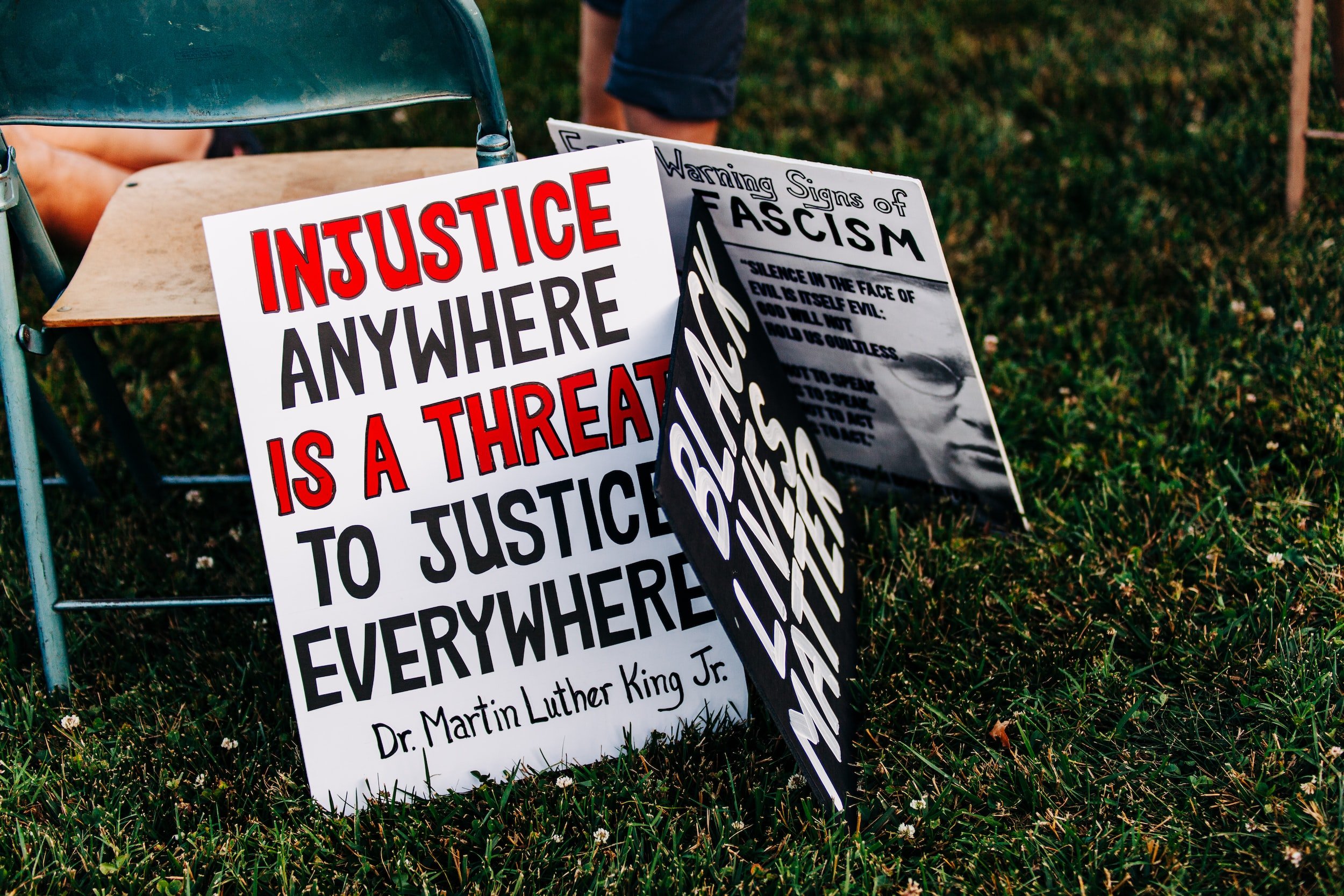
Junetenth National Independence Day
Juneteenth is the oldest nationally celebrated commemoration of the ending of slavery in the United States.

Memorial Day
Originally called Decoration Day, from the early tradition of decorating graves with flowers, wreaths and flags, Memorial Day is a day for remembrance of those who have died in service to our country. It was first widely observed on May 30, 1868 to commemorate the sacrifices of Civil War soldiers, by proclamation of Gen. John A. Logan of the Grand Army of the Republic, an organization of former Union sailors and soldiers.
